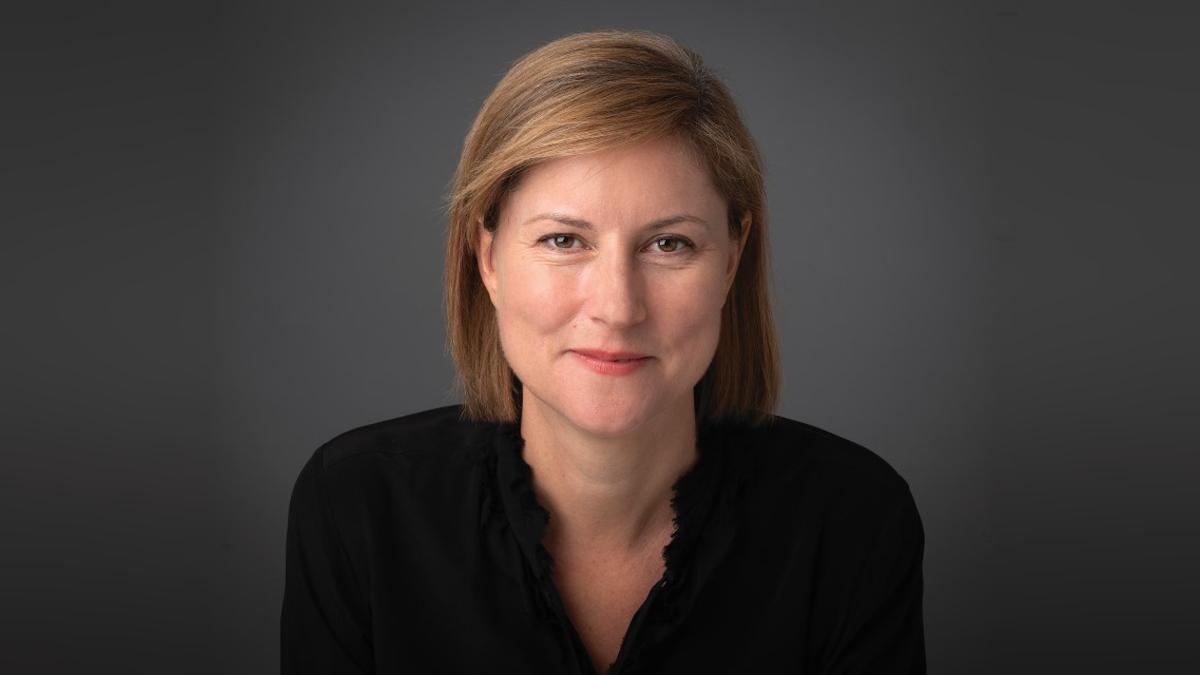NICE blames companies for breakdown in Enhertu talks

Dr Sam Roberts, NICE chief executive, said AstraZeneca and Daiichi Sankyo had not offered a fair price for the drug
Discussions aimed at making AstraZeneca and Daiichi Sankyo's Enhertu available to breast cancer patients on the NHS have been abandoned, according to cost-effectiveness assessor NICE.
The agency said the two companies had failed to put forward "a cost-effective price that would have enabled us to recommend Enhertu as value for money for the taxpayer" in the final round of negotiations.
The failure to reach an agreement comes despite a high-profile campaign by patient groups and media personalities to reverse an earlier decision by NICE not to recommend NHS funding in England and Wales for Enhertu (trastuzumab deruxtecan) as a second-line treatment for unresectable or metastatic HER2-low breast cancer.
That decision resulted in a disparity in access to the therapy within the UK, as Enhertu has been backed for this use by the Scottish Medicines Consortium (SMC). It is estimated that around 1,000 people would have been eligible for NHS treatment with Enhertu if NICE had backed it.
In its statement, NICE chief executive Dr Sam Roberts said: "The fastest and only guaranteed way to get medicines like Enhertu to the patients who need them is for companies to offer a fair price. We have done all we can to try and achieve that."
Thanking the breast cancer community for the efforts to try to resolve the impasse, she added: "I am sorry the outcome was not what we, nor they and the patients they represent, expected."
AZ and Daiichi Sankyo have said that NICE's decision on Enhertu exposes how new methods and processes the agency uses to evaluate medicines are not working, particularly with regard to a new severity weighting, introduced two years ago, which can change the threshold for cost-effectiveness in appraisals.
The health technology assessment (HTA) agency argues that Enhertu is the only breast cancer treatment it has been unable to recommend for six years, pointing to a recent report that the severity weighting is, in fact, resulting in a higher proportion of positive recommendations than the end-of-life modifier it replaced.
Patient advocacy group Breast Cancer Now said the failure to reach an agreement – despite an intervention by Health Secretary Wes Streeting – is "devastating".
"We welcomed the Secretary of State's clear support for finding a solution to make Enhertu available on the NHS in England and so, given today’s decision, are requesting his immediate clarification on how this could be achieved.," said the charity's chief executive Claire Rowney.
“Having endured over a year of stress, worry and fear, caught in the middle of a stand-off about cost and the system, it’s utterly heartbreaking that women in England, Wales and Northern Ireland who desperately need Enhertu, will now be denied the hope of more time to live their lives – that's precious time to enjoy another Christmas with families and children, and to create special moments that matter most to them," she added.
"This is an avoidable tragedy."












